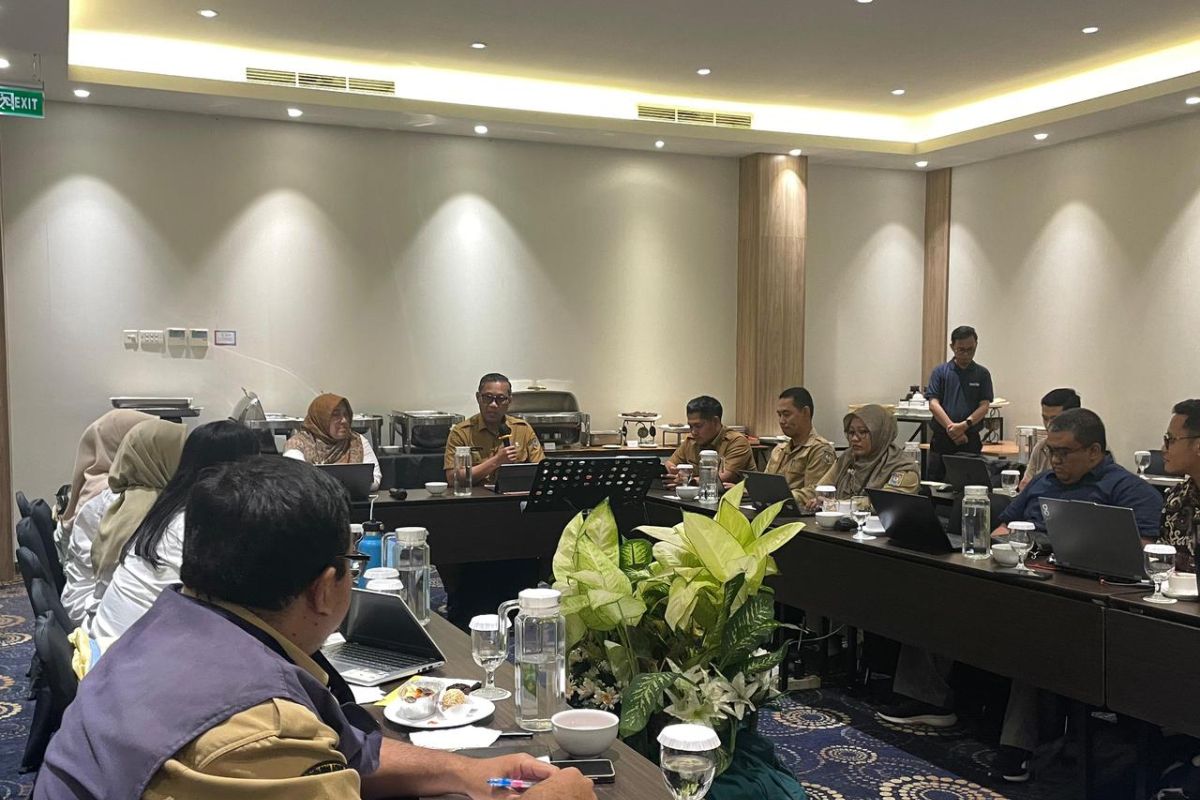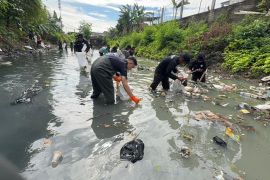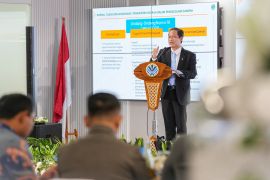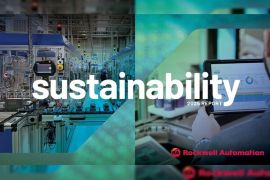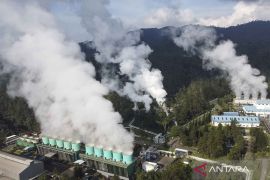Amran, the Home Affairs Ministry’s director of Urban Areas and Border Regions, said the initiative is not a ceremonial program but a concrete step toward building collective responsibility for clean and healthy living at home, school, work, and in public spaces.
“This initiative aims to instill and strengthen clean and healthy habits in people’s everyday lives,” Amran said Wednesday in a statement.
The government expects the GNIB to help reach its target of providing universal access to household waste collection and properly handling 90 percent of the nation’s waste.
Amran said the program supports President Prabowo Subianto’s directive to enhance environmental cleanliness and sustainability, key elements of the administration’s eight-priority agenda known as Asta Cita.
Related news: As Trump disdains clean energy, Prabowo reaffirms net-zero goal
He added that the president has instructed officials to focus on waste management, river conservation, reducing visual pollution from illegal billboards, and improving sanitation facilities in public areas.
Amran said the two ministries have finalized a joint decree on GNIB implementation, to be signed soon by Home Affairs Minister Tito Karnavian and Environment Minister Hanif Faisol Nurofiq.
“The decree will mobilize local governments to advance the cleanliness movement in their regions and create healthy, beautiful, and comfortable environments for their residents,” he said.
The ministries will also form a national task force to strengthen coordination among institutions and promote public education on waste management, sanitation, and visual pollution.
In addition, the government plans to develop a GNIB action plan that will outline specific activities, reporting mechanisms, and regional monitoring systems using local data down to the village level.
Related news: RI Govt moves to turn urban waste into renewable energy
Translator: Fianda S, Tegar Nurfitra
Editor: Rahmad Nasution
Copyright © ANTARA 2025
